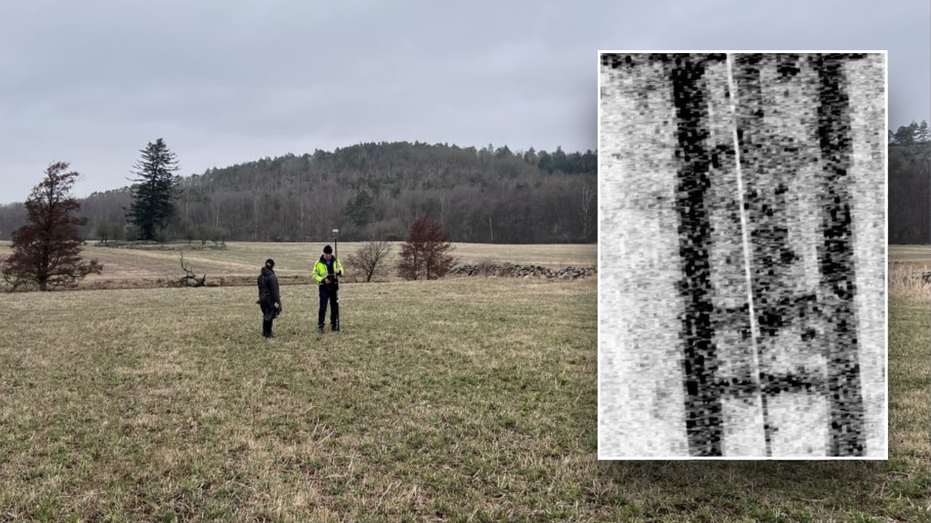- by foxnews
- 02 Jun 2025
Most common causes of cavities in the teeth - and how to prevent them
Cavities form from tooth decay and can lead to pain or tooth loss. Here's a roundup of symptoms, causes and expert tips to protect your teeth and maintain good oral health.

Cavities are incredibly common, affecting 90% of adults between the ages of 19 and 64 - but they are often preventable.
These areas become tiny openings or holes that can lead to toothaches, infections and even tooth loss.
Even if your mouth feels fine, a professional may be able to pick up on smaller signals before the decay grows.
Once the decay gets larger, there may be symptoms like toothaches, sharp pains when eating, visible holes in the teeth, staining on the surface of a tooth or pain when biting.
Dental plaque forming in the mouth is what leads to tooth decay, the process that creates cavities.
The acids from bacteria strip away tooth enamel, leaving tiny openings that mark the beginning stages of a cavity. Bacteria and acid can enter through these holes and reach the vulnerable inner parts of the teeth, causing pain and more severe problems.
Fox News Digital previously spoke to Dr. Ricky Marshall about the impact of stomach acid and saliva production on dental health.
"The amount of acid coming up and contacting the teeth will absolutely contribute to increased tooth decay," said Marshall, who is the owner of Stratland Dental in Glendale, Arizona, and a dentist at Wolff Family Dentistry & Orthodontics in Queen Creek, Arizona.
Dry mouth, linked to causes like snoring and potentially certain medications, can increase the risk of tooth decay due to reduced saliva production.
Cleveland Clinic recommends brushing your teeth with a soft-bristled brush twice a day, and ideally after every meal.
"You should visit your dentist every year, especially to find any cavities," the CDC advises.
For small cavities, your dentist may recommend using fluoride or other products. Large cavities may require fillings or even root canals.
- by foxnews
- descember 09, 2016
History buff uncovers lost medieval monastery thanks to strange map symbol
Swedish archaeologists uncovered medieval monastery ruins in Derome, thanks to a history enthusiast's research of old maps and advanced radar technology.
read more


